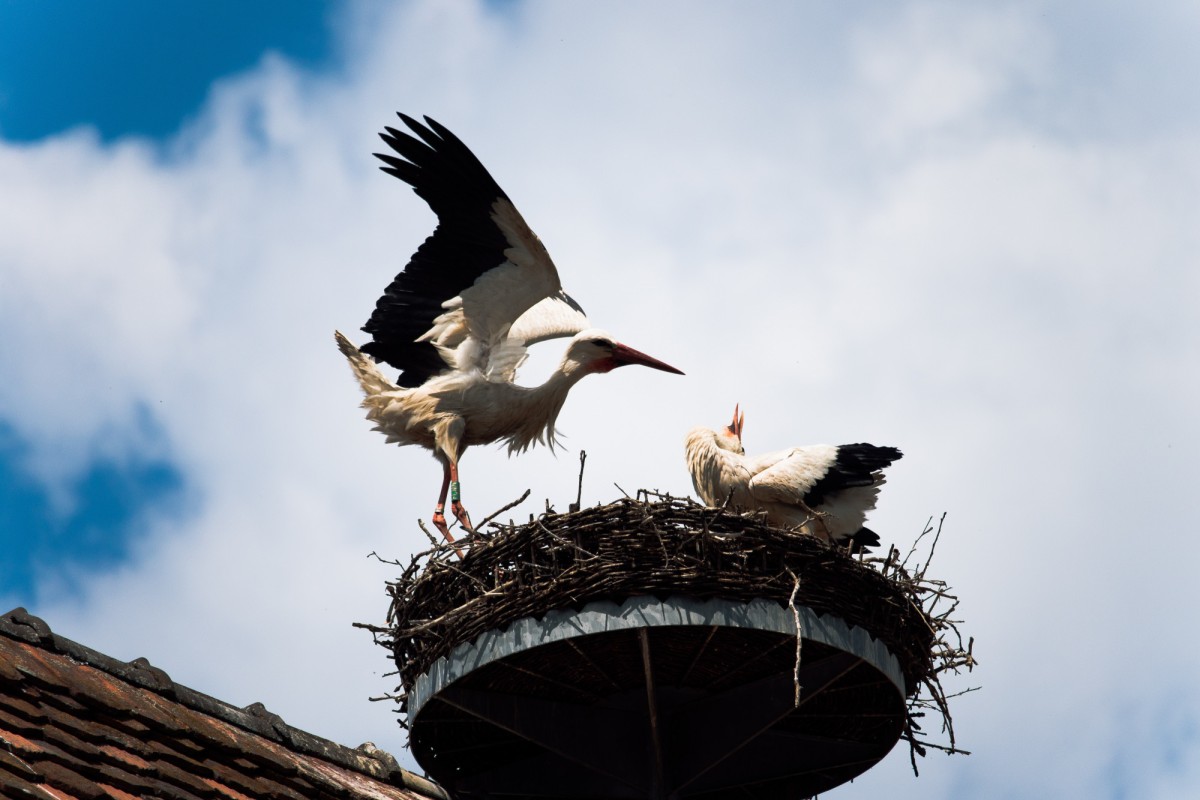
Sometimes nature comes closer to man and this is not always as good as one might think or wish. This is the case when birds decide to build their nests in buildings where people live, blocking the outlets of smoke and affecting the proper ventilation of buildings. The problem can be solved without hurting the animals and respecting the law. We explain how to do it today in this article prepared by the Portuguese Consumer Rights Association Deco.
In the chimneys that serve the fireplaces and kitchens of my building there are several birds' nests, more specifically those of storks. This situation has hindered the correct extraction of fumes, which re-enter our homes. Can we solve this problem without breaking the law?
The Portuguese law prohibits the destruction or damage of birds' nests, more specifically white and black storks, even if they are empty.
However, interventions in the nests are exceptionally allowed, under license from the Instituto da Conservação da Natureza e das Florestas (ICNF), if there are no satisfactory alternatives and there is no danger for the maintenance of the species. These interventions may involve the transfer of nests, their repositioning or their removal.
The ICNF provides an application form to be completed and then sent to cites@icnf.pt.
The final part of the form states that if the nests are installed in a common part of a condominium, it is necessary to submit the minutes of the meeting or a declaration signed by all the condominium owners, expressing their agreement on the removal of the nests.
After the request is made, it is necessary to wait for the issue of the permit and its approval. Next, the type of intervention that, according to the ICNF, should be carried out must be confirmed, taking into account the specific situation, namely whether the nests will be transferred, repositioned or removed.
In order to do so, you should refer to the content of the license issued by the ICNF, as this is the document that expressly refers to what can be done. Next, just contact a specialised company to carry out the operation.
The ICNF receives requests throughout the year, but the period indicated for this type of intervention is between September and the end of the year, as these are the months in which the storks are not in the nesting season.